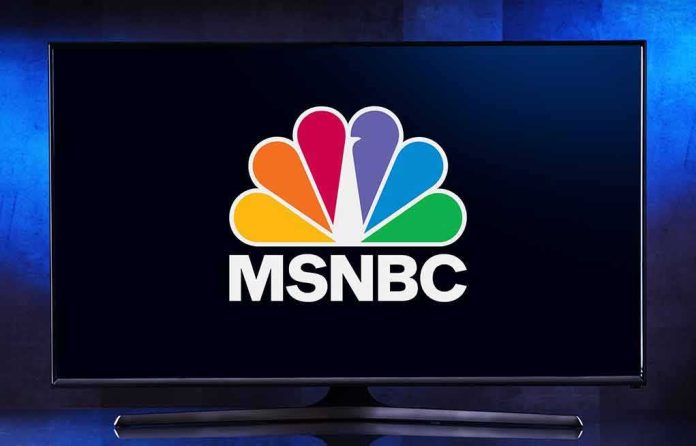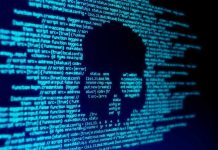
MSNBC’s controversial firing of analyst Matthew Dowd exposes the ongoing tension between media responsibility and free speech.
Story Snapshot
- Charlie Kirk, a prominent conservative activist, was fatally shot during a college event in Utah.
- MSNBC analyst Matthew Dowd made comments perceived as blaming Kirk’s rhetoric for his own shooting.
- Outrage ensued on social media, leading to Dowd’s termination and a public apology from MSNBC.
- The incident underscores the volatile intersection of media commentary and political violence.
Charlie Kirk’s Shooting and Immediate Reactions
On a politically charged day, Charlie Kirk, a prominent conservative activist known for his polarizing rhetoric, was tragically shot at a college event in Utah. This incident has amplified national debates on political violence and media responsibility. Amidst the chaos, MSNBC political analyst Matthew Dowd made comments interpreted as blaming Kirk’s rhetoric for inciting violence, sparking widespread backlash. Social media quickly became a battleground, with many calling for Dowd’s firing in response to what they saw as a gross misstep in judgment.
MSNBC’s Response and Fallout
In the wake of public outcry, MSNBC took swift action by terminating Dowd and issuing a public apology. Rebecca Kutler, MSNBC’s president, emphasized that there is no place for violence in America, political or otherwise. This decision reflects the network’s attempt to manage reputational risks and regain public trust. Dowd also issued an apology, clarifying that he did not intend to blame Kirk for the attack, yet the damage had been done. This incident puts a spotlight on the delicate balance media outlets must maintain in their commentary.
The rapid sequence of events—from Dowd’s comments to his firing—demonstrates the powerful role social media plays in holding public figures accountable. It also raises questions about the responsibility of media personalities to handle sensitive topics with care, especially in an era of heightened political polarization.
Implications for Media and Free Speech
This incident serves as a cautionary tale for media organizations about the consequences of controversial on-air commentary. The case of Matthew Dowd illustrates how quickly public opinion can shift and the pressure that networks face to respond decisively to such controversies. In the short term, MSNBC faces reputational challenges and potential loss of viewership. In the long term, this may lead to self-censorship within media entities, as journalists and analysts become more cautious about their statements.
MSNBC issues apology for political analyst who blamed Charlie Kirk for getting shot — didn’t bother to read it on air https://t.co/qoSgS2NaGE via @BIZPACReview
— Norman Firebaugh (@FirebaughNorman) September 11, 2025
Overall, the firing of Dowd highlights the ongoing debate over media bias, free speech, and responsibility. While some argue for stricter boundaries on potentially harmful commentary, others warn of the chilling effect this could have on open discussion. As the media landscape continues to evolve, finding a balance between responsible journalism and freedom of expression remains a critical challenge.
Sources:
MSNBC Fires Matthew Dowd After Controversial Comments Following Charlie Kirk Fatal Shooting
MSNBC Analyst Matthew Dowd Reportedly Fired After Comments Following Assassination of Charlie Kirk
US News: Zero Sympathy After MSNBC Analyst, MTSU Employee Fired for Shocking Remarks



